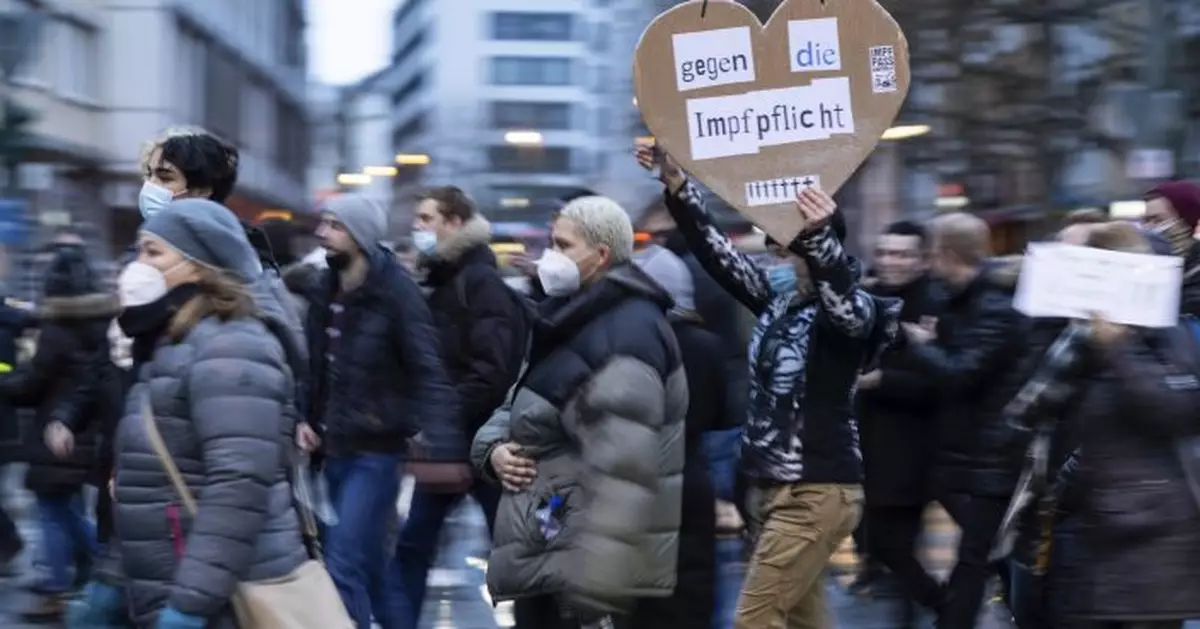Germany's ruling parties are hitting the brakes on plans for compulsory coronavirus vaccinations, saying it may take months for lawmakers to properly debate the contentious measure in parliament.
Berlin daily Tagesspiegel on Sunday quoted Dirk Wiese, a deputy parliamentary caucus leader for the Social Democrats, as saying the Bundestag should aim to complete its deliberations on the vaccine mandate during the first quarter of 2022.
Green party caucus leader Britta Hasselmann told the Funke media group that the first debate could take place in late January.
With few parliamentary sessions in February, this could mean the lower house won't pass a bill before the end of March. The Bundesrat, Germany's upper chamber, would then take up the matter in April, meaning the earliest it could come into force would be a month later.
Tagesspiegel reported that implementation could be delayed until June to ensure the technical conditions, such as a nationwide vaccine register, are in place.
Among those who oppose a vaccine mandate are some members of the Free Democrats, who are part of the ruling coalition, and Germany's former health minister who pledged last summer not to introduce a general vaccine mandate. Political leaders have agreed to let lawmakers vote according to their own conscience rather than along party lines on the issue.
The looming mandate has also been a rallying point for vocal anti-vaccine campaigners who have taken part in protests against Germany's pandemic restrictions. Some recent demonstrations have turned violent, with protesters attacking police officers after being ordered to disperse.
Almost 72% of Germans are considered “fully vaccinated,” while 42.3 % have received an additional booster shot.
Germany's disease control agency reported 36,552 newly confirmed cases of COVID-19 in the past 24 hours, and 77 deaths.
Follow AP’s pandemic coverage at https://apnews.com/hub/coronavirus-pandemic


